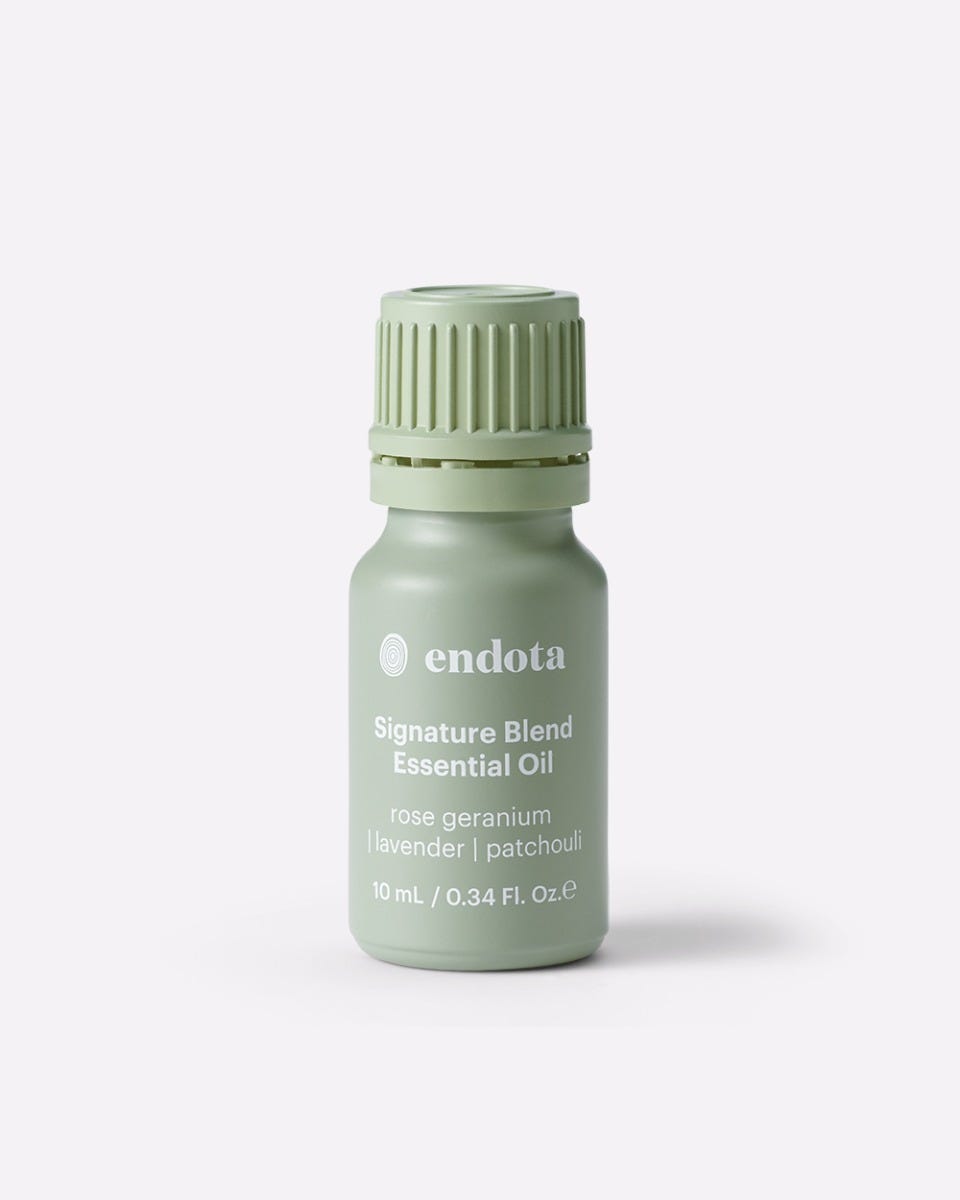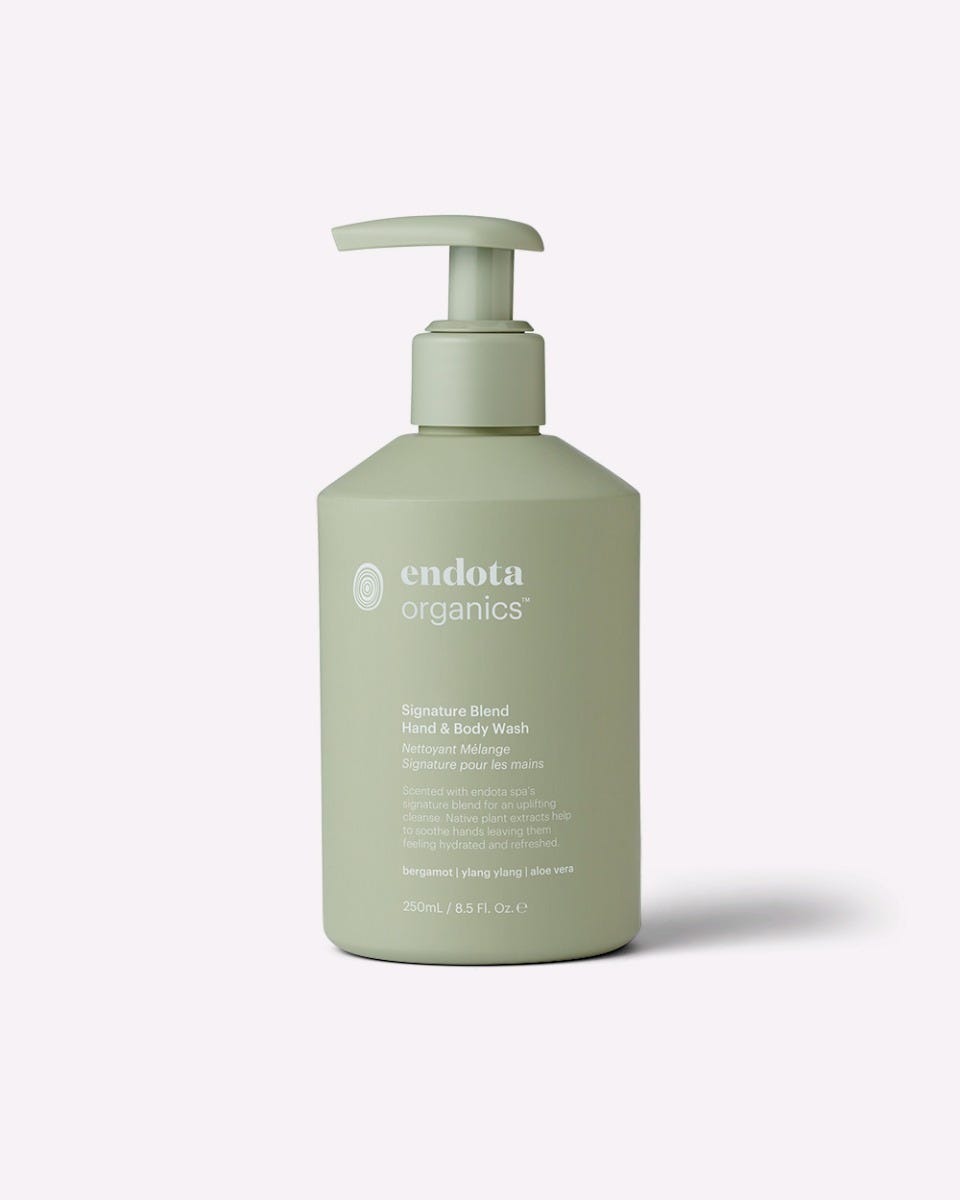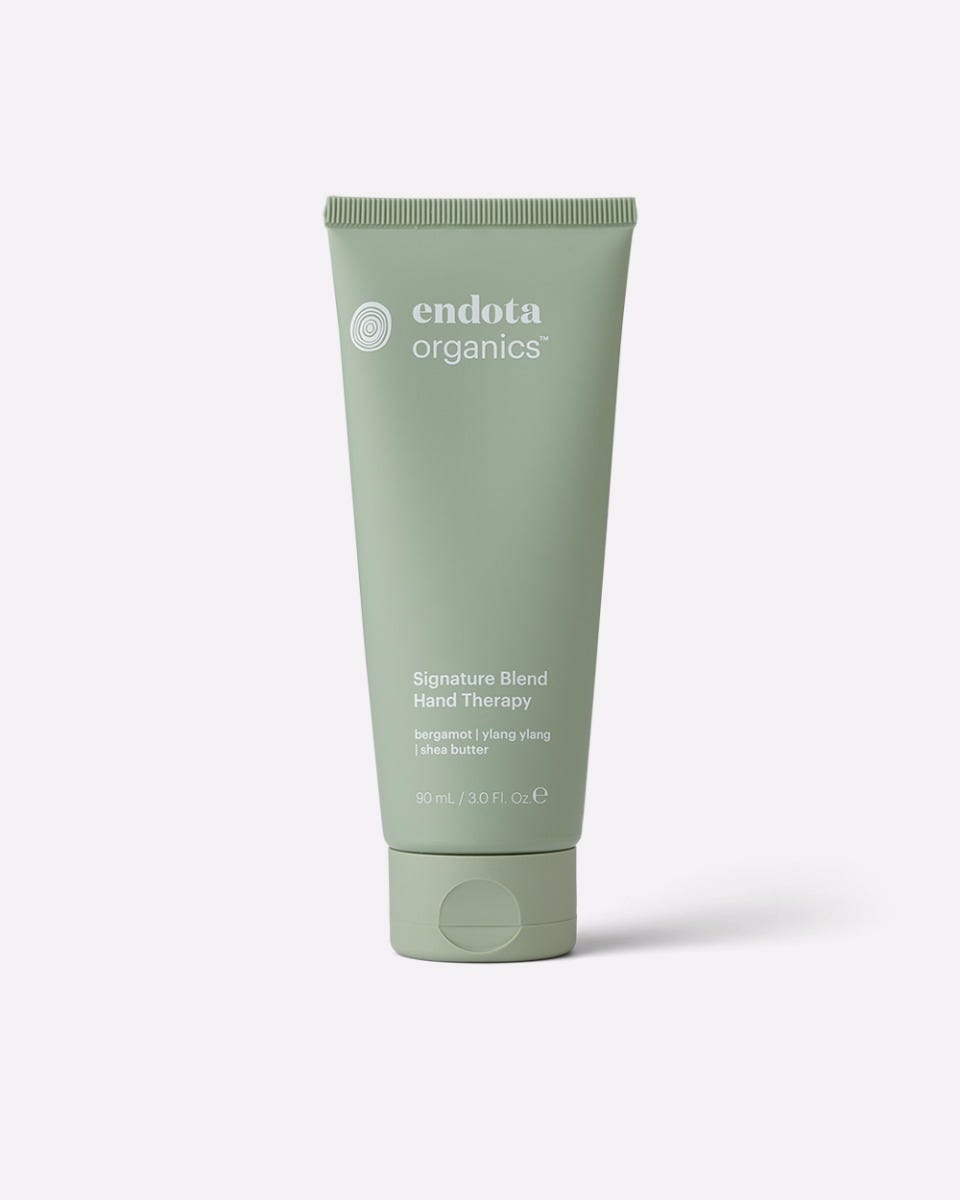how to start journaling (and why you’ll want to)
Journaling is more than simply diary writing. It can be utilised as a means of self-expression, decompression or a way to practice gratitude. In one of her essays, On Keeping a Notebook, Joan Didion talks of journaling as a way to keep in touch with your past and future self – while helping identify priorities, habits and anxieties in the present.
Some of us feel perfectly at home documenting our lives – recording certain points in time within diaries, notepads and scrapbooks. While for others, the thought of writing in a journal hasn’t even crossed our mind.

Whether you already write in a daily journal or you are looking for journal ideas and where to start, there are no rigid rules. It’s all about finding the right approach that works for you and that adds meaning to your day.
So, how do you start – and what’s the best way? In order to commit to the practice, you need to be clear on what you want to get from it. And given that the benefits of journaling are as wide-reaching as they are preached and proven, it will soon become a habit you want to keep.
the meditative benefits of journaling
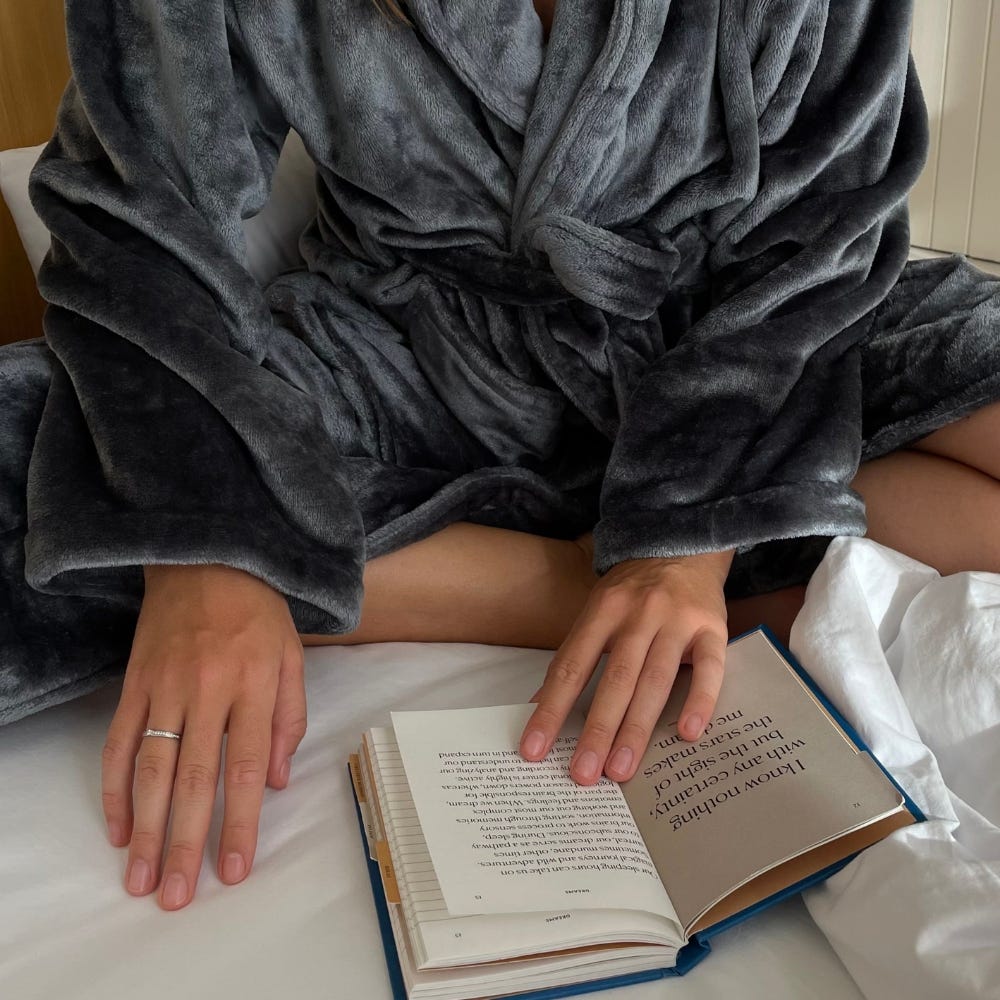
what style of journaling is right for you?
The best part about journaling is there are no barriers to entry – it really is for everyone and anyone. What’s important is that you’re having a conversation with the inner workings of your mind. Given there are so many different ways to approach journaling, you’ll likely find a style that feels right.
here are a few that might work for you:
incorporating journaling into your day
make it a regular ritual
The key to journaling is frequency, so try to set aside a specific time each day or week for your writing. Whether it's first thing in the morning, during your lunch break, or before bed, find a time that works for you.
discover the format that best suits you
There are many different ways to journal, including writing in a notebook, typing on your computer, using voice dictation or using an app. Choose a format that feels comfortable, convenient and easy so that it becomes something you look forward to.
combine journaling with other activities
Try combining journaling with other activities. For example, you could journal while you drink your morning coffee or tea, listen to a sound healing, wear a face mask or while you commute to work.
use journal prompts
Sometimes it can be hard to know what to write about, so using prompts can be helpful. You can find journaling prompts online or in books, or create your own prompts based on what you want to explore. Examples could be:
- Today I am grateful for…
- I want to clear my mind of…
- My goals for tomorrow are…
keep it simple
Remember that journaling doesn't have to be a big production. Even just writing a few sentences each day can be helpful and meaningful.
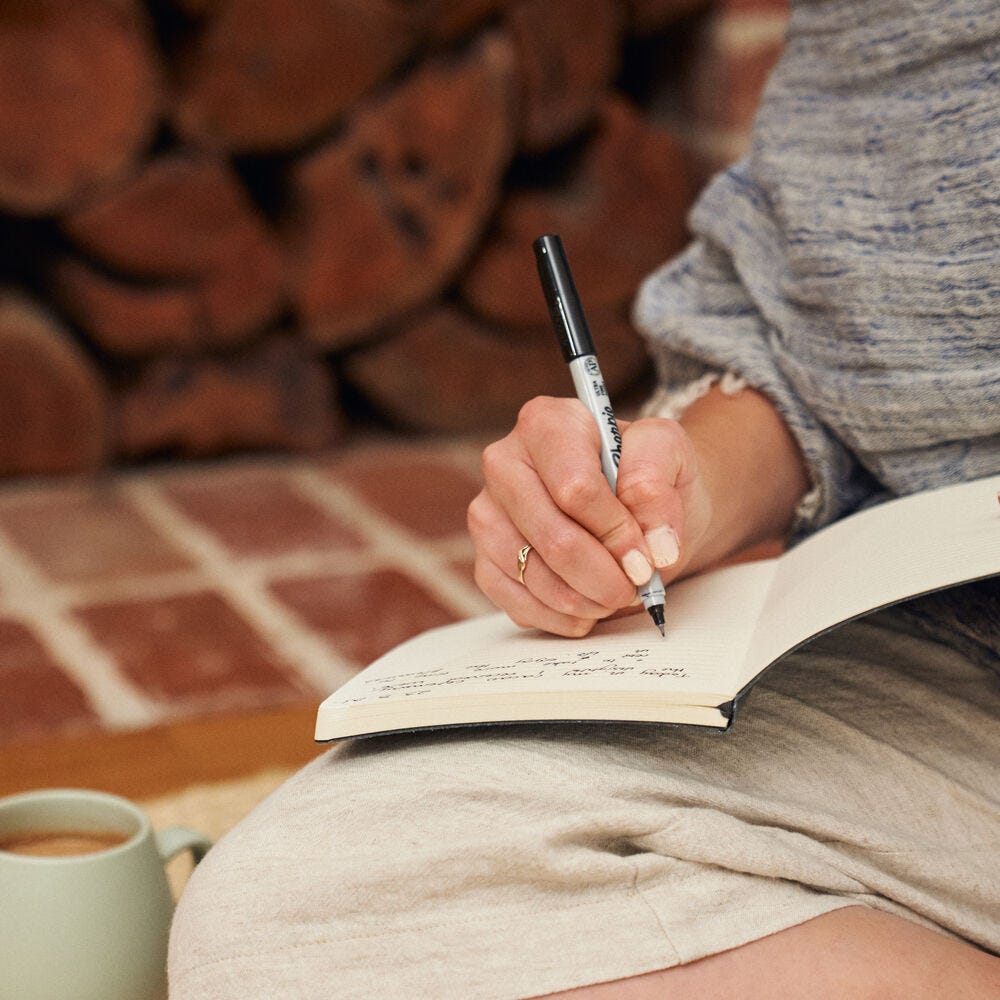
Essentially, journaling is a tool to help you become better acquainted with yourself, while illuminating areas for growth. While it doesn’t have the power to make all your worries disappear, it gives you the power to reframe them – creating a more peaceful and ordered mind. After all, there’s no better self-care book for you than the one you write about yourself.
Journaling makes an easy integration into your wellbeing routine. For more tips on how to develop a routine that suits you, see our blog.






